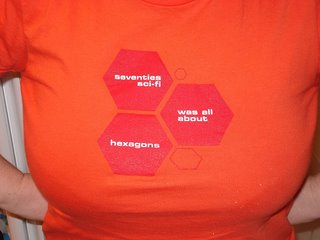This week we had a very interesting
NZ Knowledge Management Network lunch in Christchurch. Mark English from
Hindin Communications presented on his experience implementing '
knowledge bases' primarily for large public sector clients.
This approach stirred up a lot of discussion. Many people in the room came from a more 'organic' view of KM, and had a good understanding of the importance of narrative and experiential knowledge in organisations. What the speaker was advocating was a very structured, organised repository of knowledge, so that people could consistently give the 'right' answer. There was a lot of resistance to this until it became clear, through his patient explanations and examples, that there were contexts where this made absolute sense.
In the public sector, there are a lot of government departments and services that do have to give the right answer. The answers are based on policies, which are based on laws. These are things like 'where can I pay my rates?', 'am I eligible for a student loan?', 'what are my rights as a tenant?'. While there is often still some room for interpretation, the answers are fairly well set. The job of a knowledge base in this context is to help customer service representatives to give people accurate information. The knowledge management problem is not one of sense making in complexity, or expertise location, it is getting the right answer, to the right place, at the right time.
While we might be far more fascinated in the less tangible, more intellectually complex aspects of organisation culture and experiential knowledge in our KM programmes, I think there's a real place for better management of this sort of very structured knowledge.
Some of the answers the speaker had to questions raised further reinforced this for me. It wasn't an 'instead of' it was an 'as well as'. Sometimes the answers to questions were "ask this expert". It was just as valid for a system to connect people to people, where the answer couldn't easily be codified. They also had commenting and feedback mechanisms so that people using the information could identify where the rules or facts no longer seemed useful or accurate.
I think it's useful to see KM solutions and strategies as needing to encompass the whole spectrum of knowledge in organisations. If we get too caught up with the tacit, we'll miss real opportunities to add value in the explicit.
 I've been using hex post-its for a while, and think they're fantastic. I was therefore very amused to find my partner had bought this T-shirt.
I've been using hex post-its for a while, and think they're fantastic. I was therefore very amused to find my partner had bought this T-shirt.